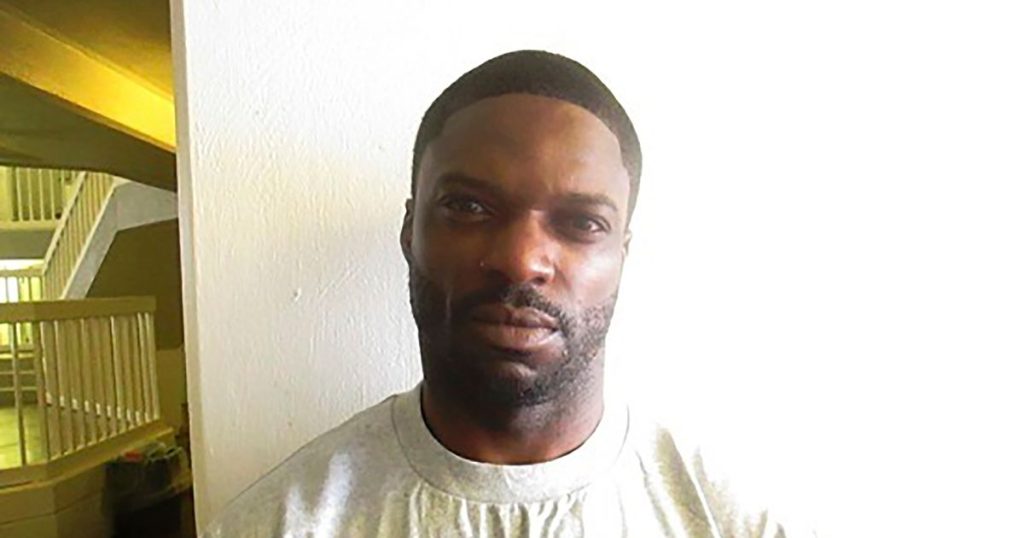Oklahoma recently resumed its state-sanctioned executions with the killing of 41-year-old Black man, Michael Dewayne Smith, who had been on death row for approximately 20 years. Smith’s execution raises concerns about the intersection of the death penalty with issues of race, drug use, and intellectual disability. Despite maintaining his innocence, Smith was sentenced to death for the murders of Janet Moore and Sharath Pulluru in 2002, as well as the killing of Otis Payne in 2001. Smith initially confessed to the murders but later recanted, claiming he was under the influence of drugs and has no memory of the crimes.
Smith’s legal team has argued for DNA testing to prove his innocence, but their motion was denied by the Oklahoma court. Smith also sought clemency from the Pardon and Parole Board, tearfully maintaining his innocence and the impact of drug use on his memories of the crimes. Despite efforts by his attorneys and supporters to halt the execution, the clemency recommendation was denied in a 4-1 vote, and Gov. Kevin Stitt allowed the execution to proceed. Smith’s case highlights concerns about racial disparities in the criminal justice system, with Black individuals representing a disproportionate number of death row inmates.
The resumption of executions in Oklahoma comes after a nearly six-year hiatus, with the state scheduling execution dates for 25 individuals. Despite attempts to space out the executions to prevent botched procedures and lessen the burden on executioners, a judge urged officials to proceed with the scheduled killings. Oklahoma’s use of lethal injection as the primary form of execution has been controversial, with instances of botched executions like Clayton Lockett and Charles Warner drawing scrutiny. Critics argue that lethal injection can be unreliable and potentially inflict unnecessary pain on the condemned.
Smith’s execution is the first in Oklahoma in 2024 and the fourth in the U.S. this year. The use of the death penalty, particularly in cases involving individuals with intellectual disabilities or issues of racial bias, continues to be a source of debate and concern. Smith’s case, along with other recent executions, underscores the ongoing questions surrounding the efficacy and ethics of capital punishment. As legal challenges and advocacy efforts persist, the conversation around the death penalty and its implications for marginalized communities like Black individuals and those with intellectual disabilities remains a key issue in the criminal justice system.


